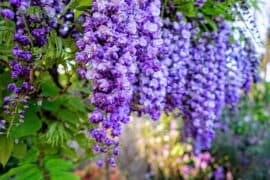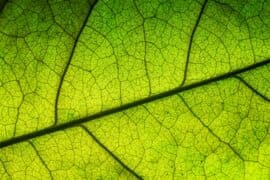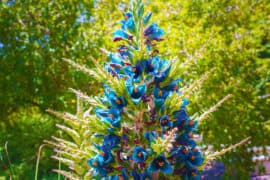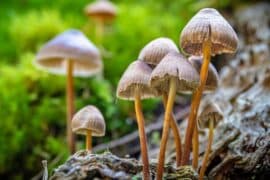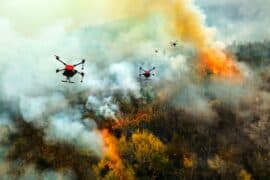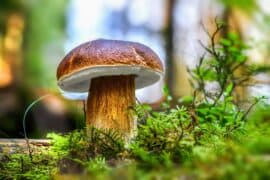Alpinia nieuwenhuizii
(Alpinia nieuwenhuizii)
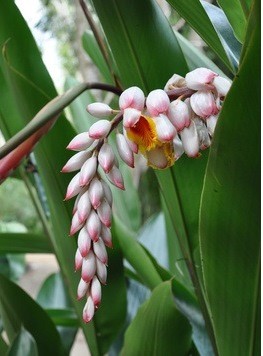
Description
Descendants to fill Alpinia nieuwenhuizii. This was first described by Theodoric Valeton. Alpinia nieuwenhuizii belongs to the genus fill, and relative weak. This species is propagated by: Borneo Alpinia nieuwenhuizii is a species of flowering plant in the Ginger family. This species was first scientifically described by Valeton in 1904. Alpinia nieuwenhuizii is a species of Liliopsida described by Theodoric Valeton. Alpinia nieuwenhuizii belongs to the genus Alpinia, and the family Zingiberaceae. None of these subspecies are listed. Alpinia is a genus of flowering plants in the ginger family, Zingiberaceae. It is named for Prospero Alpini, a 17th-century Italian botanist who specialized in exotic plants. Species are native to Asia, Australia, and the Pacific Islands, where they occur in tropical and subtropical climates. Several species are cultivated as ornamental plants. Species of the genus are known generally as shell ginger. These herbs lack true stems, but have pseudostems usually up to about 3 metres (9.8 ft) long which are composed of the overlapping leaf sheaths. A few species have been known to reach 8 metres (26 ft). They grow from thick rhizomes. The leaves are lance-shaped to oblong. The inflorescence takes the form of a spike, a panicle, or a raceme. It may be hooded in bracts and bracteoles. The flower has a shallowly toothed calyx which is sometimes split on one side. The flower corolla is a cylindrical tube with three lobes at the mouth, the middle lobe larger and hoodlike in some taxa. There is one fertile stamen and two staminodes, which are often joined into a petal-like labellum, a structure that is inconspicuous in some species and quite showy in others. The fruit is a rounded, dry or fleshy capsule. The plants are generally aromatic due to their essential oils.
Taxonomic tree:

